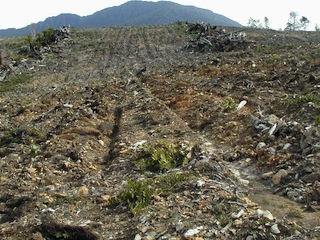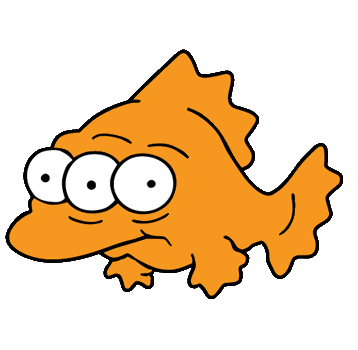
Don't drink the water, drink the beer
One of the classic beer fables in that of St Arnold of Metz who, legend has it, warned his parishioners to drink beer not water. It is asserted that the good Bishop of Metz had clued to the fact that polluted water was the cause of much illness and had noticed that once it had been through the brewing process it was purified and rendered safe.
This story was called to mind this week when, just as I readied Chris Bible’s article on water chemistry for publication, I saw that Lion Nathan has launched the latest of its James Boag Premium ads that projects biblical powers upon Tasmania’s water.
Marketing blog Mumbrella quotes Lion Nathan’s premium brand director, Ralph Simpson, as saying of the campaign,
“The Pure Waters creative has endured because of the simple, powerful truth of the original insight – that from better water comes better beer. That original insight remains the same today and has been leveraged across multiple touch-points over the years – to the point where it has gathered such momentum in the market that it casts a halo effect across the entire Boag’s portfolio.
“Tasmania is a highly emotive place; it conjures up imagery unlike any other area of Australia, and is viewed as pure, mystical and other-worldly. Through Pure Waters we have been able to capture that image and bring our Tassie provenance to life in an engaging way.”
As Chris Bible’s article explains, water is indeed a vital component of beer and the characteristics of the water used heavily influence the characteristics of the beer. However, while there may be a ‘powerful truth’ that better beer comes from better water, it is a work of marketing fiction on par with the “Lynx effect” to suggest that the water Boag’s uses is in any way different to that used by any other brewery in Australia.
Boags uses the same tapwater as everyone else in Launceston, sourced from St Patrick’s River – although they do then treat it on site by sand and carbon filtration. Had the water mystical properties, one would suggest such treatment would not be necessary.
Tasmania does indeed conjur up imagery unlike any other part of Australia. Places like Cradle Mountain – where the ads were filmed – are spectacular and close-to-pristine environments. However, one of the reasons they are pristine is that industry is not allowed to exploit them in anything other than a marketing sense. Elsewhere, Tasmania is also home to the poster town for industry-derived environmental damage, a thriving logging industry and Australia’s most polluted river. You won’t see Lion Nathan filming any ads by the banks of the King River unless the mystical properties they want to demonstrate are of the Simpsonesque variety. I also wonder if these ads will continue if the proposed Gunn’s pulp mill goes ahead close to Launceston.
There is a little added irony as it was Ralph Simpson who was one of Lion Nathan’s spokesmen for the 2008 launch of the Natural Beer Promise. The media release for the initiative was headed, “Brewers band together to dispel myths about their precious drop”. Unfortunately, while the brewery can say its natural waters campaign that it is just “trying to bring the product story to life” by bringing its “Tassie provenance to life in an engaging way”, it is marketing campaigns such as this one that create and reinforce some of the most powerful myths about beer.
There is further irony that the “essence of the local water” is a reason commonly cited by beer drinkers as the reason they choose the parallel-imported version of popular beers over the locally brewed-under-licence versions, despite the local version’s equal quality and superior freshness. The unthinking and automatic instinct that a beer made with German or Belgian tapwater must make a more ‘authentic’ beer than the same beer brewed here costs the local multinationals money through lost sales.
Like a good many people nationally, I enjoy a Boags Premium Lager – but that’s because it tastes good…not because the waters used to make it can cure the sick and the lame.In the end, just as Pete Mitcham points out, “if the water was that good on its own, you wouldn’t bother turning it into beer.”
Drink the beer, not the water…and definitely do not ingest the marketing. That really is toxic!
[adrotate group=”1″]





